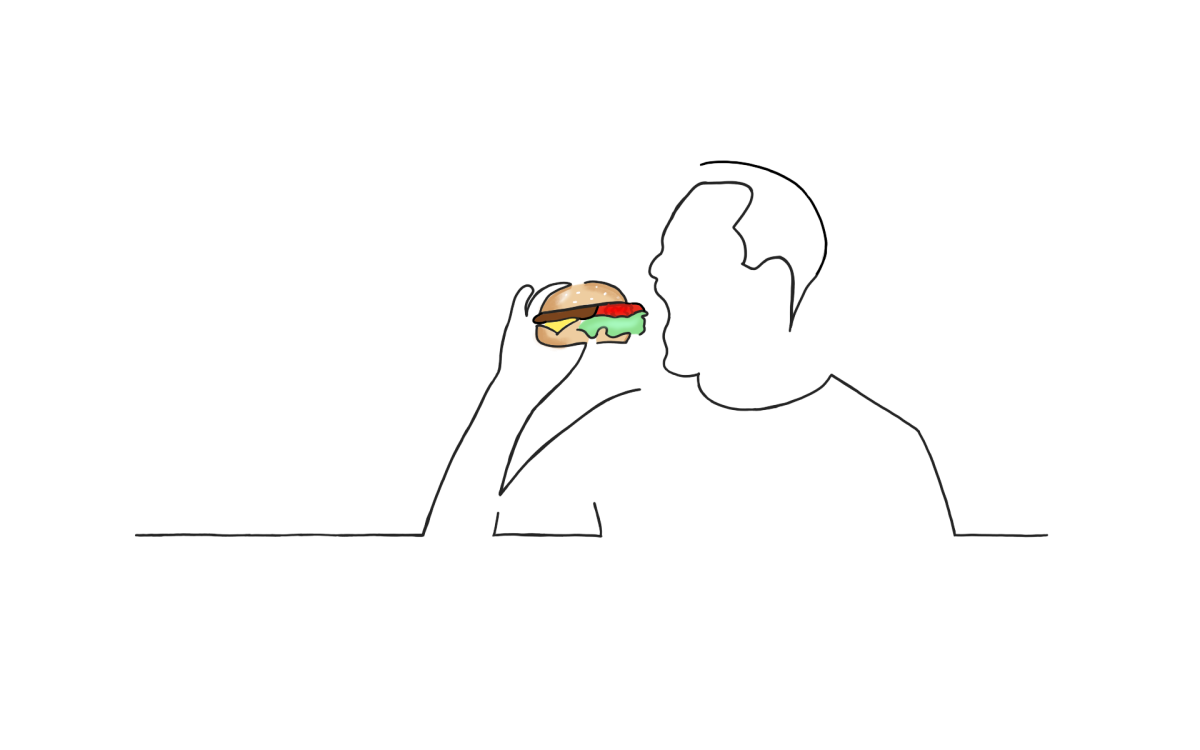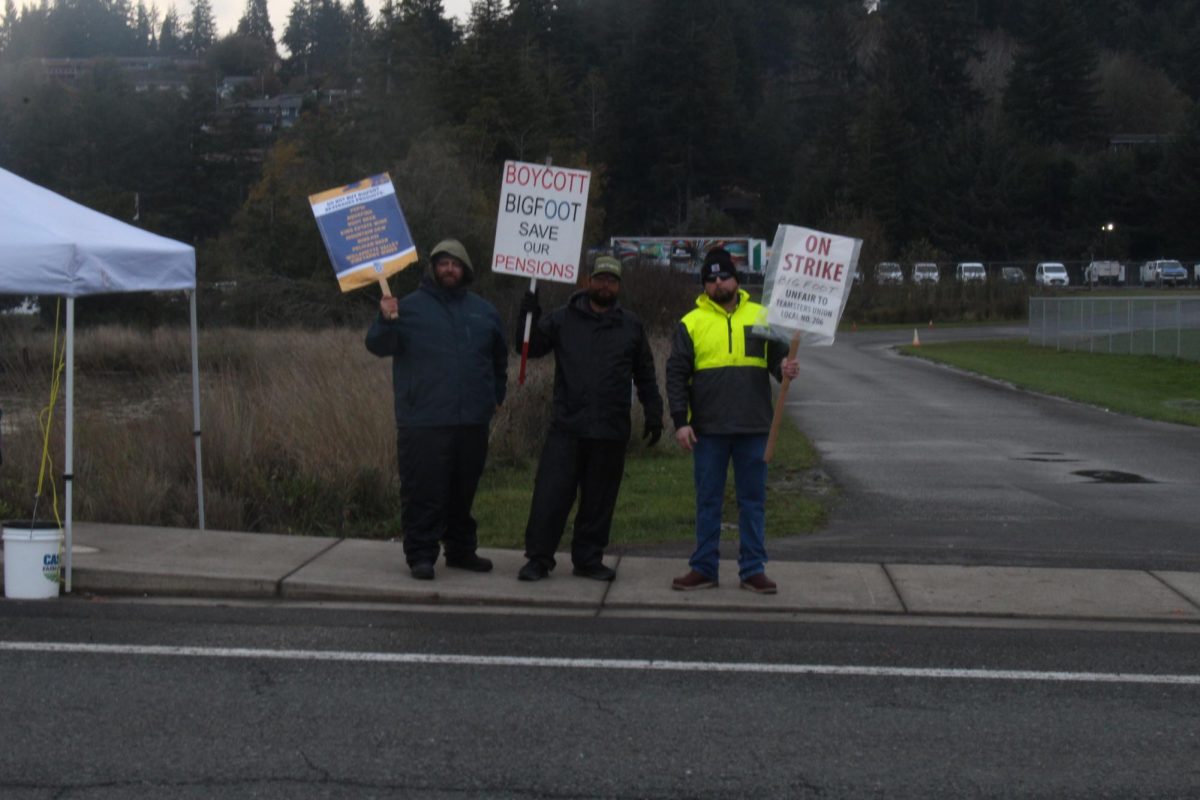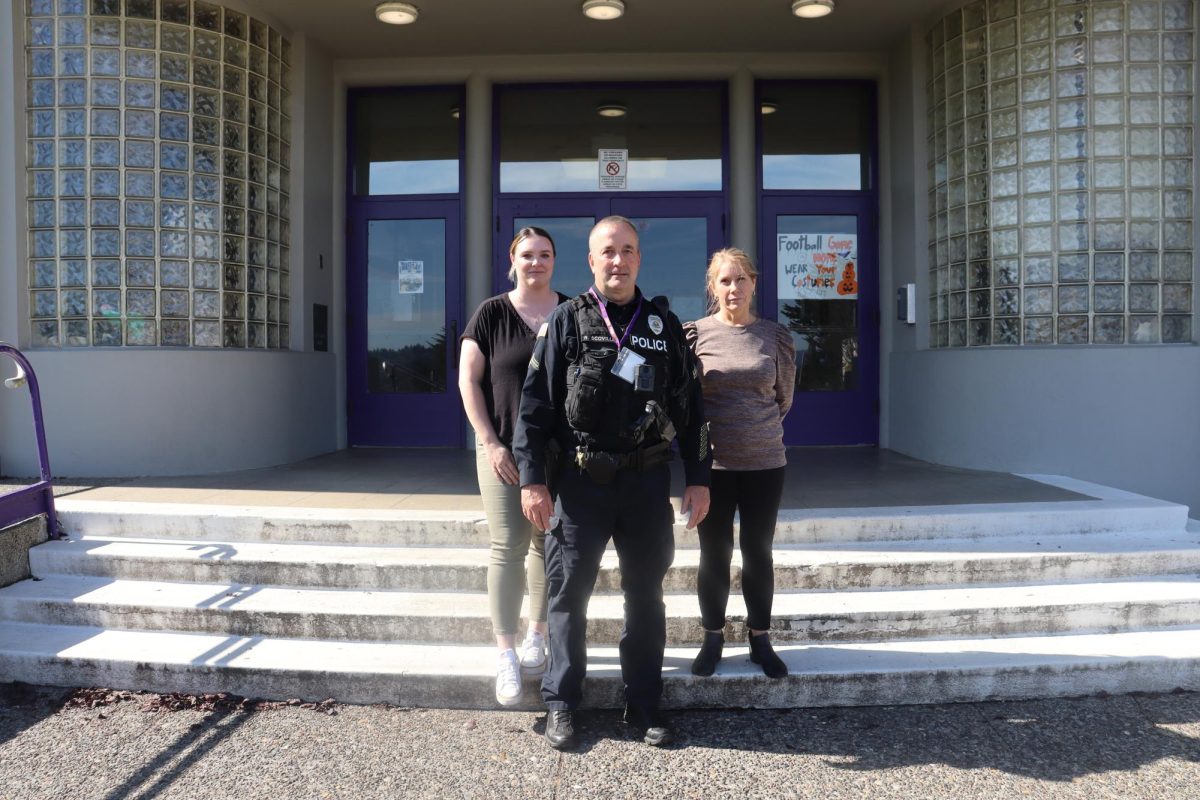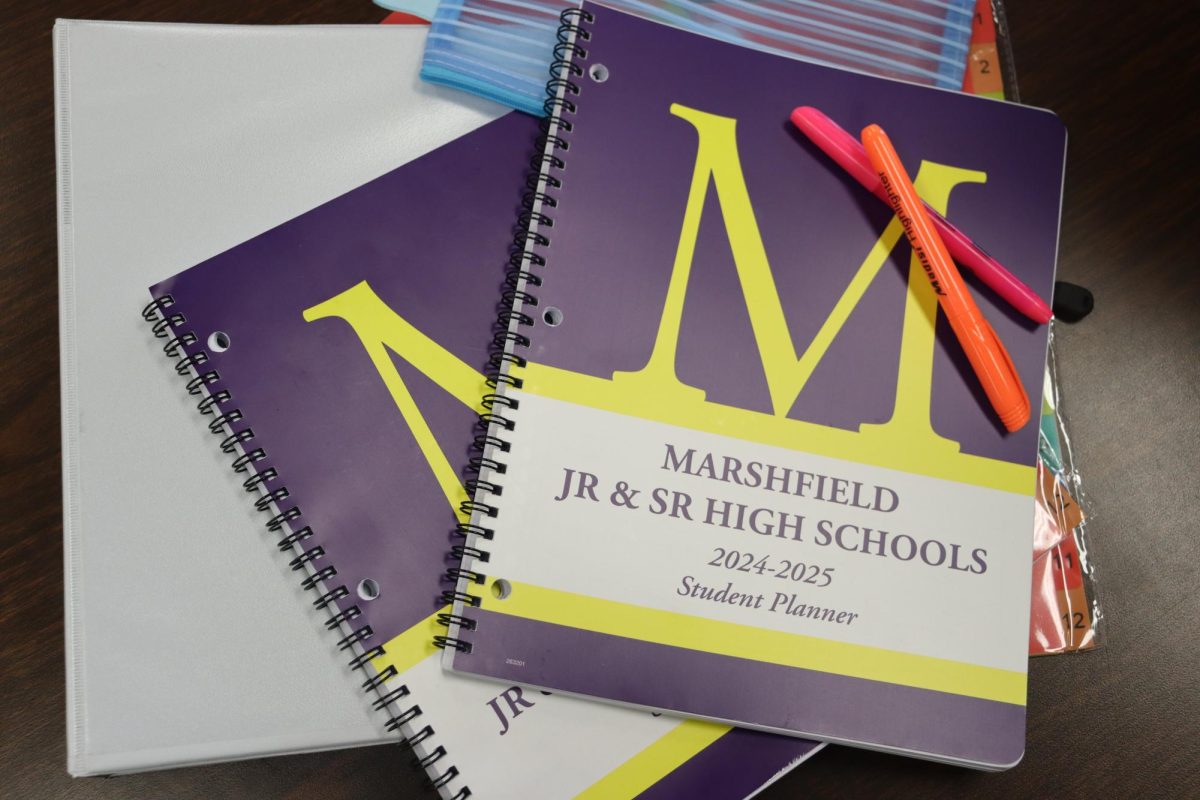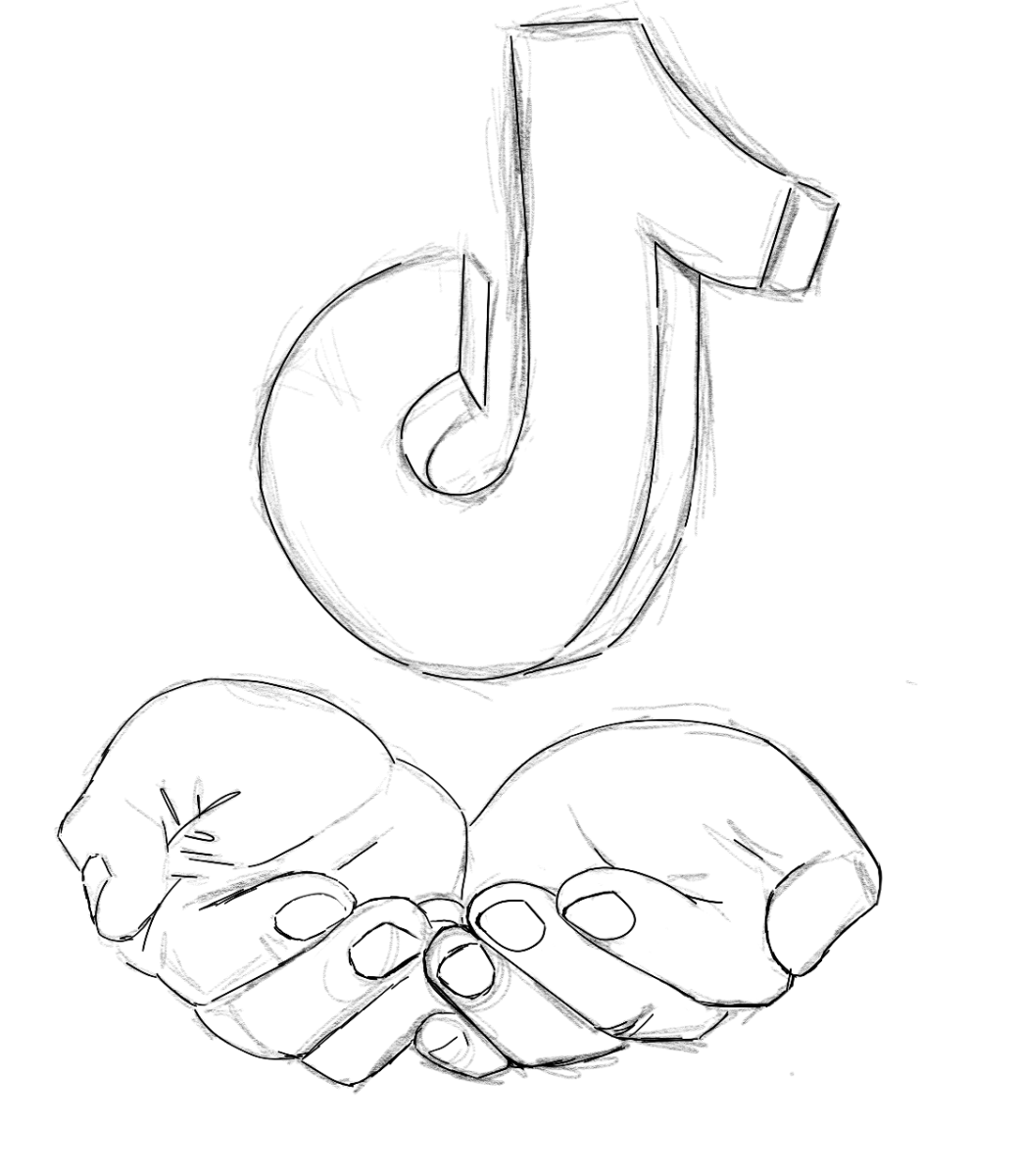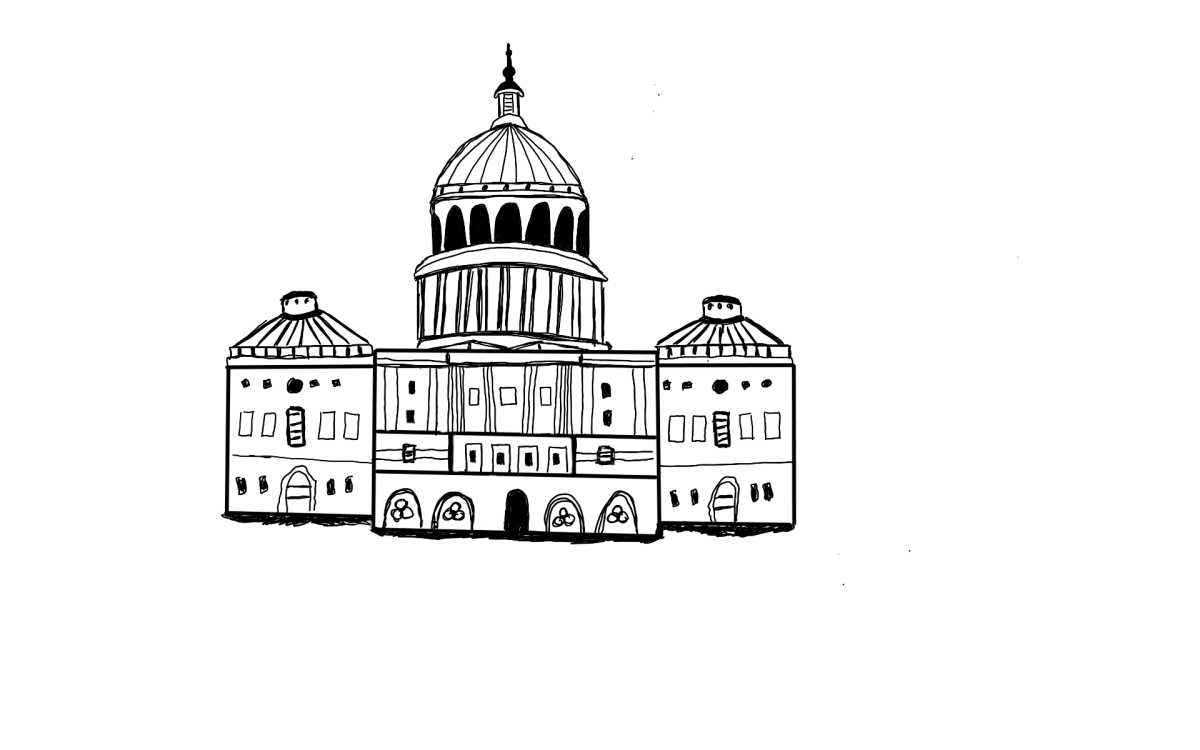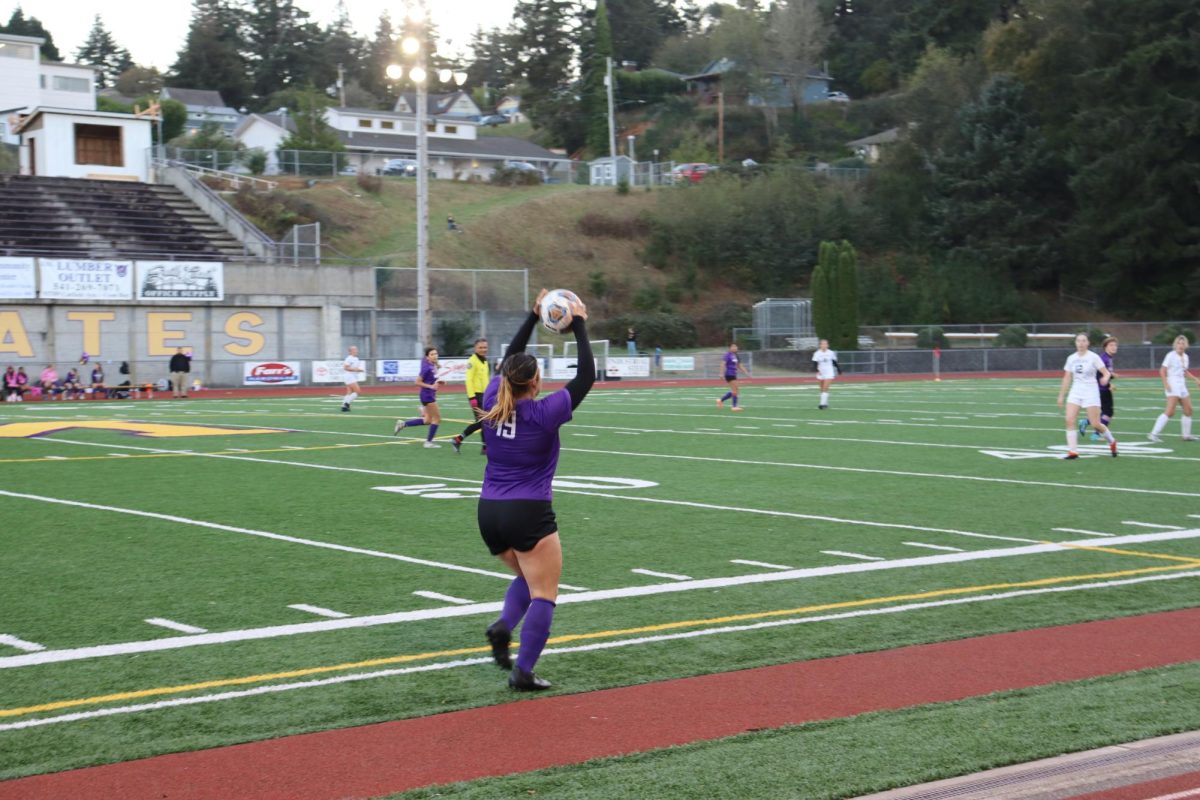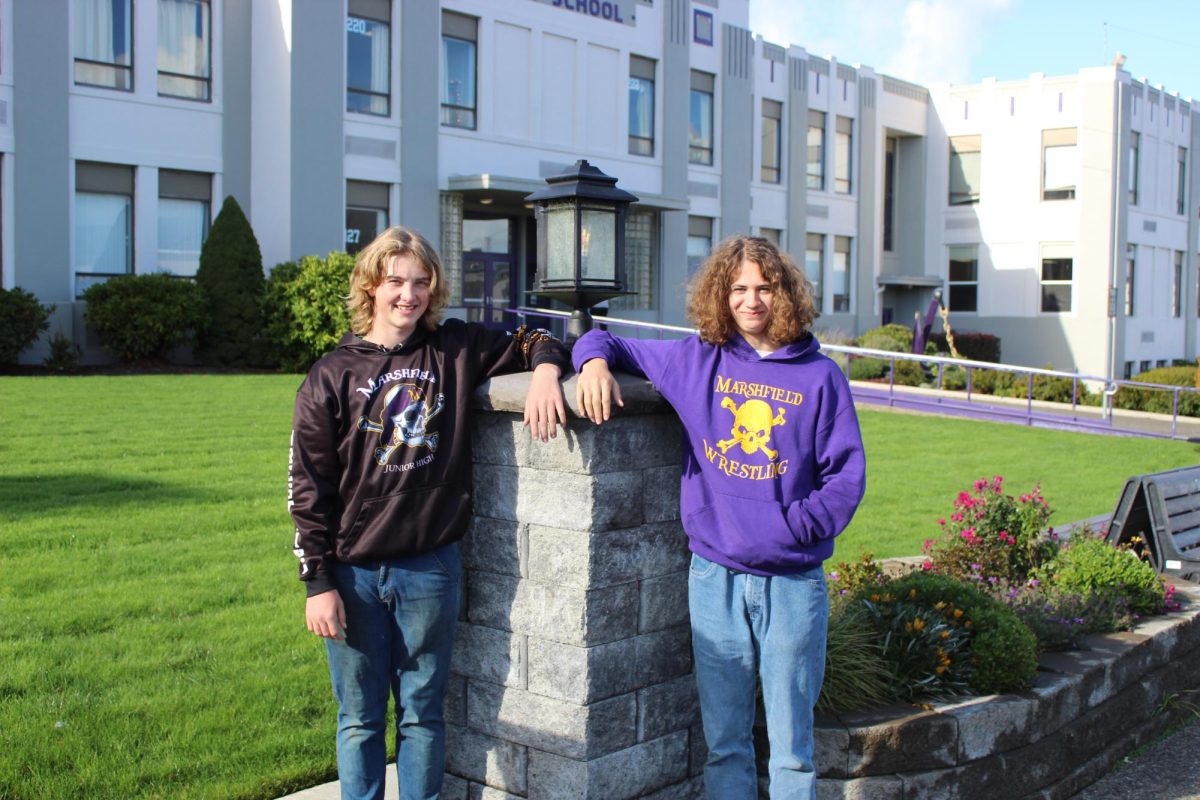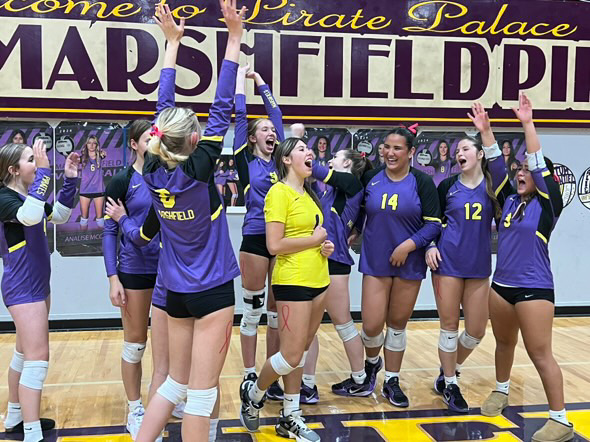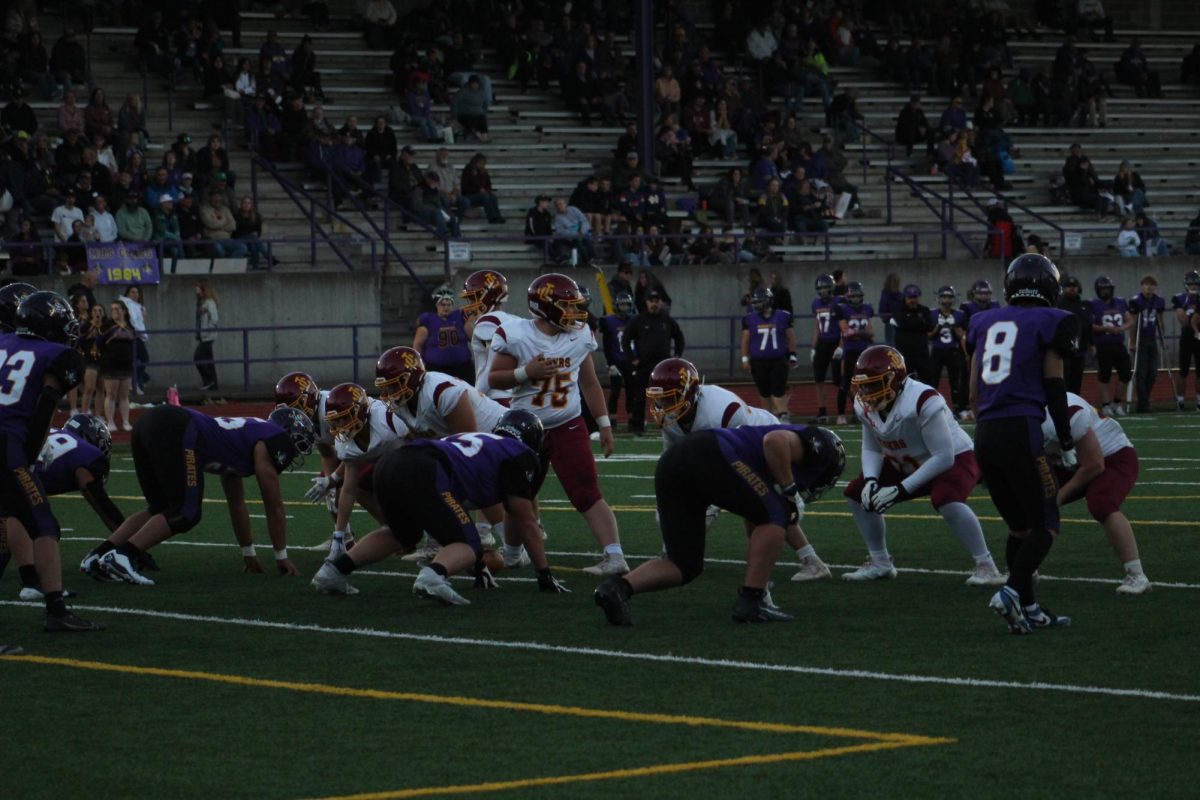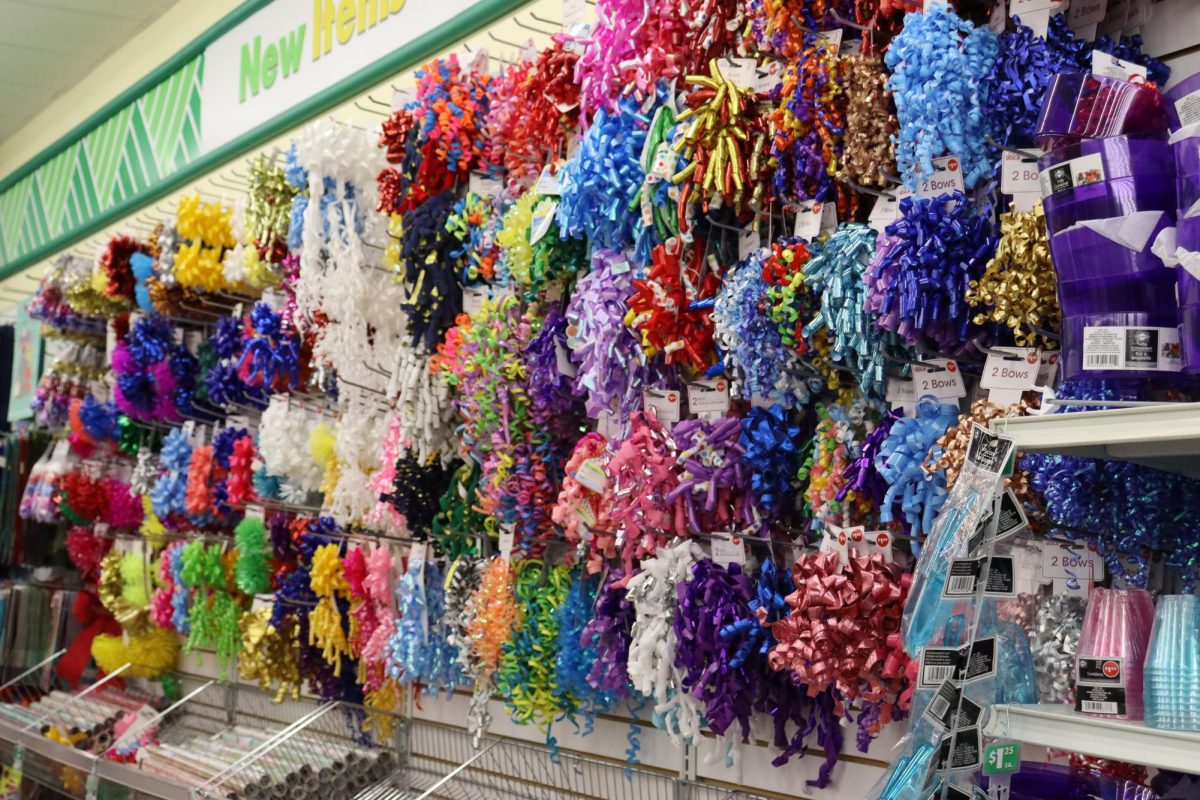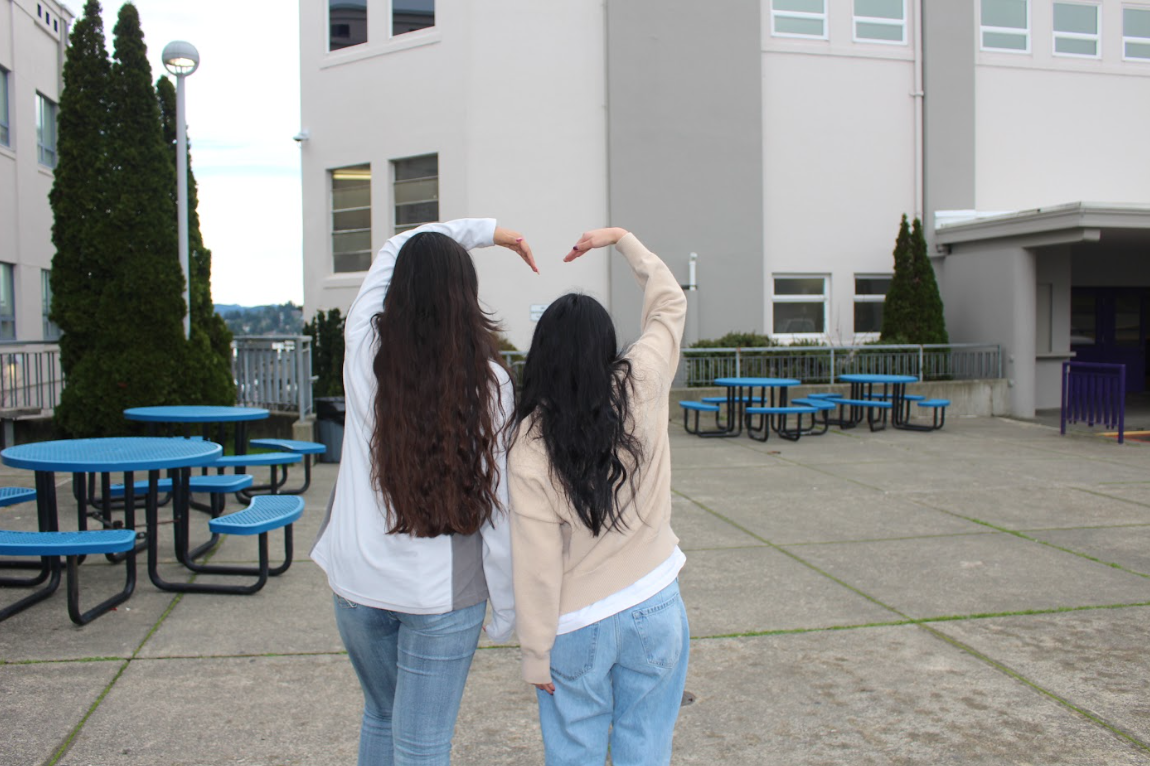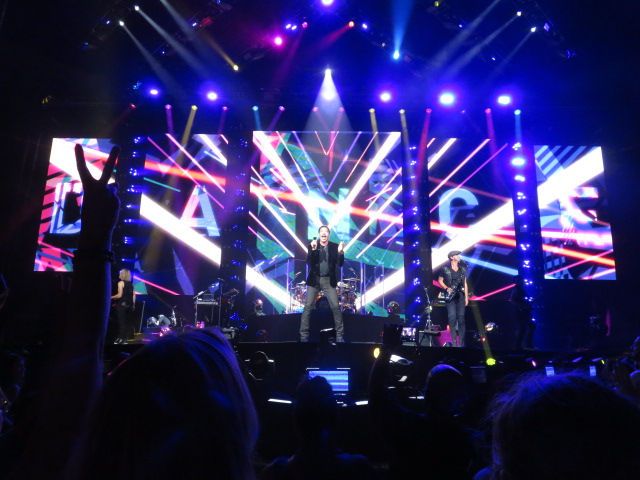People use computers and smart phones consistently, making the population almost entirely dependable upon electronics. Schools have integrated the use of computers into courses, the nation stores millions of people’s information in them and they are considered a staple of daily life by many. It is no surprise that within the last year cyber-attacks have increased and not only on a small scale. Hacking refers to breaking a security protocol on an electronic device that is in place to protect it.
According to PCWorld, in 2013, seven companies were compromised and millions of people’s bank account information was released. Overall, $300,000 was lost from the companies and individuals affected. The six accused of stealing account numbers and selling them had been doing it for over six years. They used a specific malware so they could delete, steal or change information. Technology teacher Fred Hunt does not condone hacking.
“I have no clue why someone would want to become a hacker,” Hunt said. “I see it all the time, but I don’t understand the mentality behind it.”
Hacking seems to be an up-and-coming problem that is attracting large numbers of people. Those who partake often have conventions and meet together. They spend hours upon hours practicing and trying new tactics. Anonymous, a vigilante ‘hacktivist’ group has cyber attacked and exploited religious organizations and government corporations since the early 2000s. Senior Caitlin Rowley has been aware of them for some time now.
“Most hackers go for big groups, like Anonymous hack federal systems in order to help others who can’t help themselves,” Rowley said.
When people leave their devices open or use them in a public setting, it makes it more susceptible for those to devices to be taken advantage of. Most places have an open wi-fi that is available to all but these can be abused. Senior Cooper Socia said how easy it is to get on one’s computer can be up to the user.
“If the user leaves it open or uses public networks and open wifi then, yeah, it’s easier for one to use,” Socia said.
Technology
that people use every day may be being watched without anyone actually knowing.
“American hard drives have a new system that have spyware already on it,” Rowley said. “The government can already see it.”
Hunt said it is not difficult to keep one’s accounts and computers protected from unwanted visitors.
“If you follow the best practices, computers can be pretty secure, like using a real password,” Hunt said.


